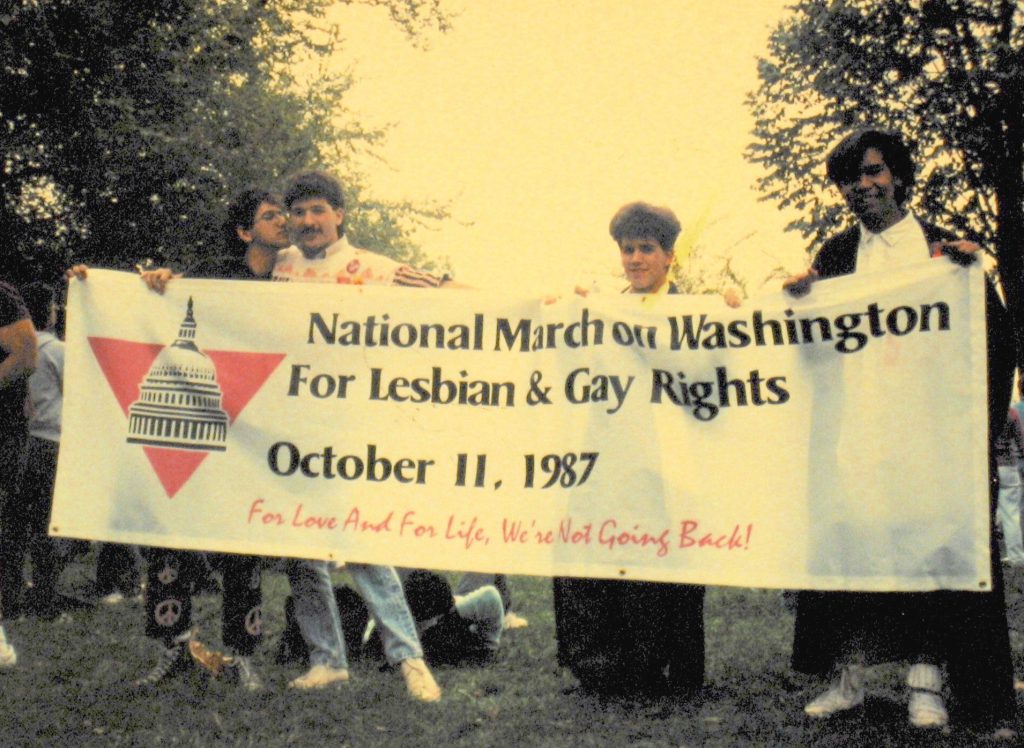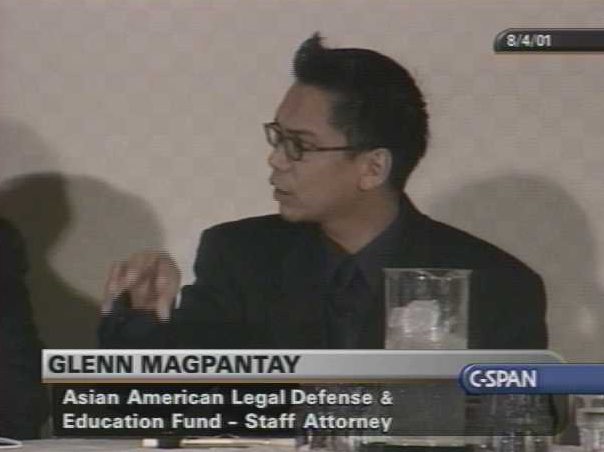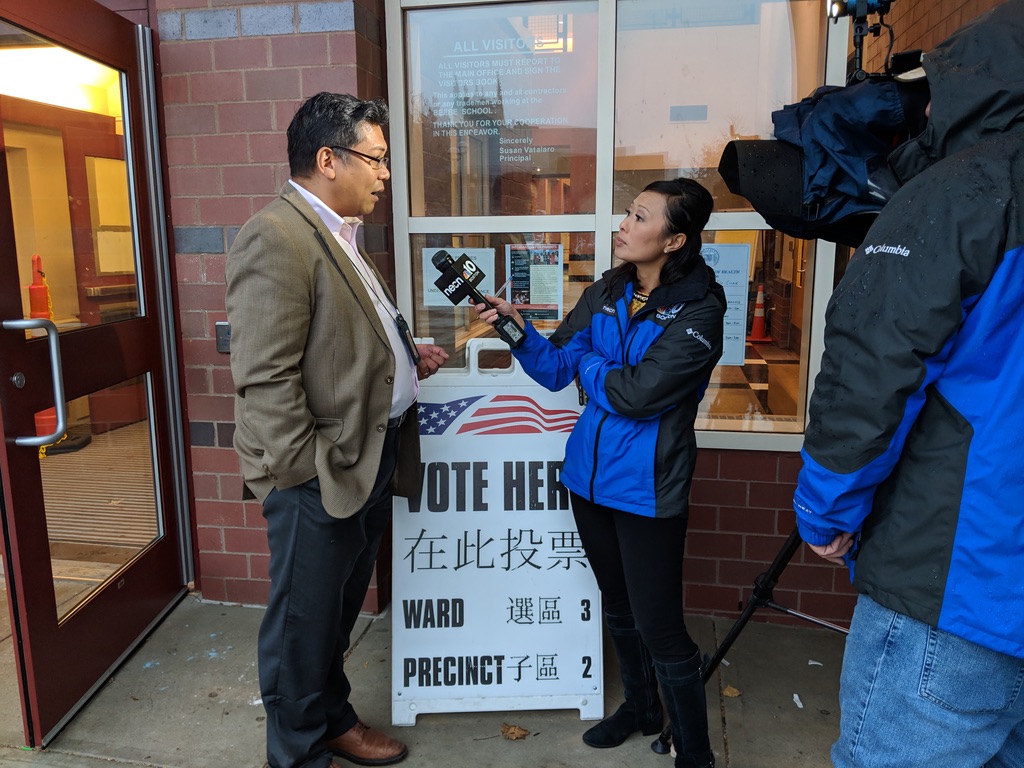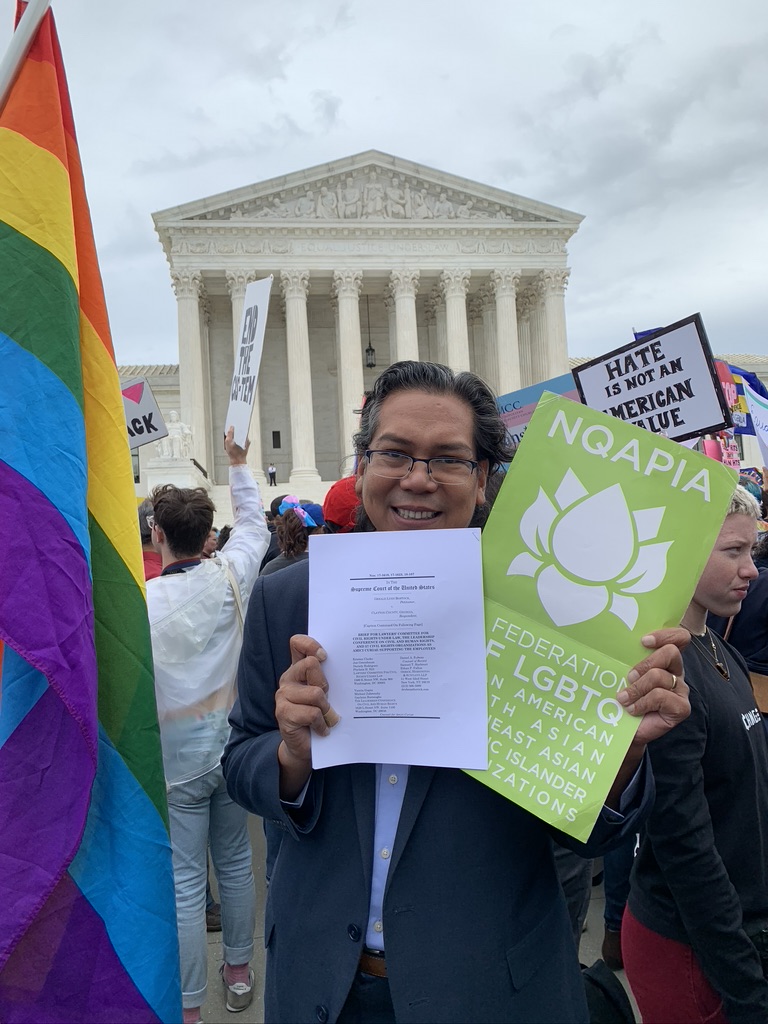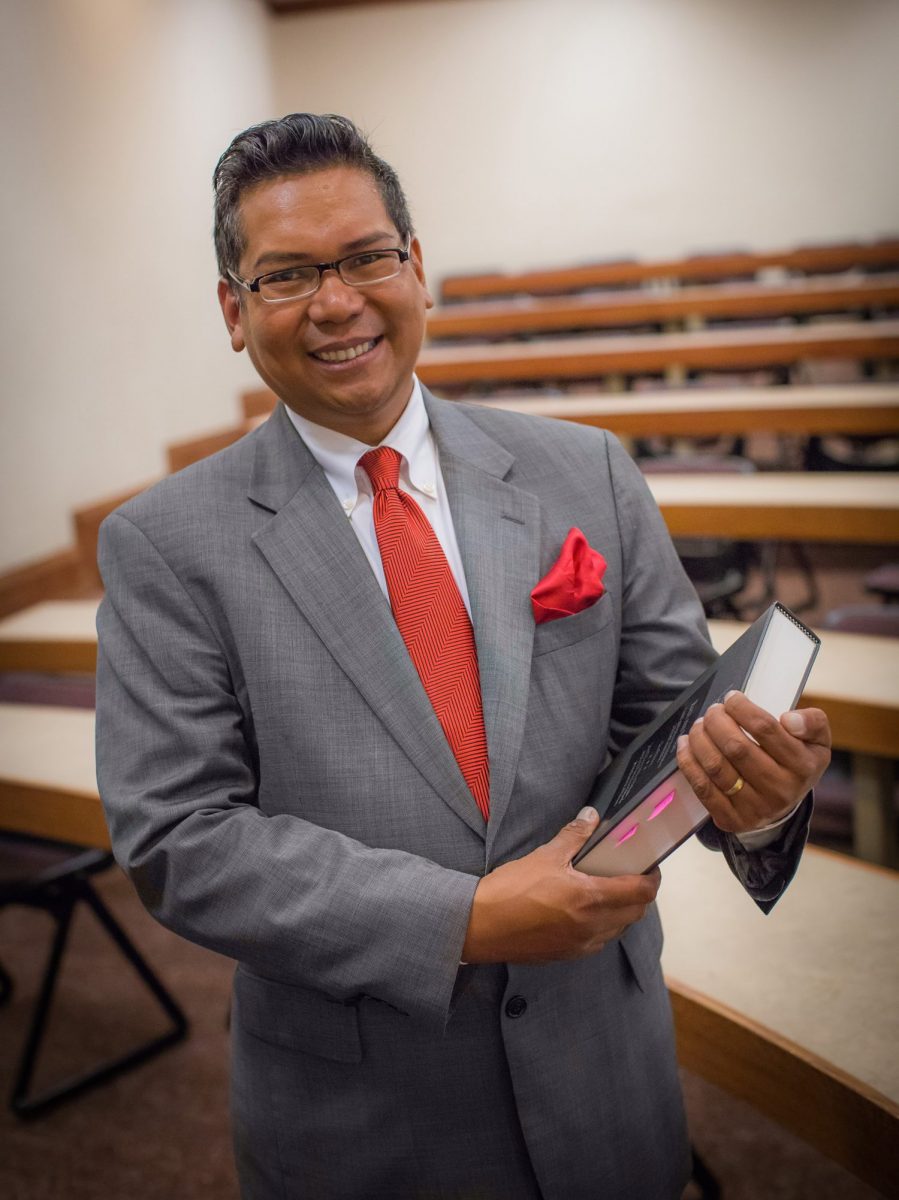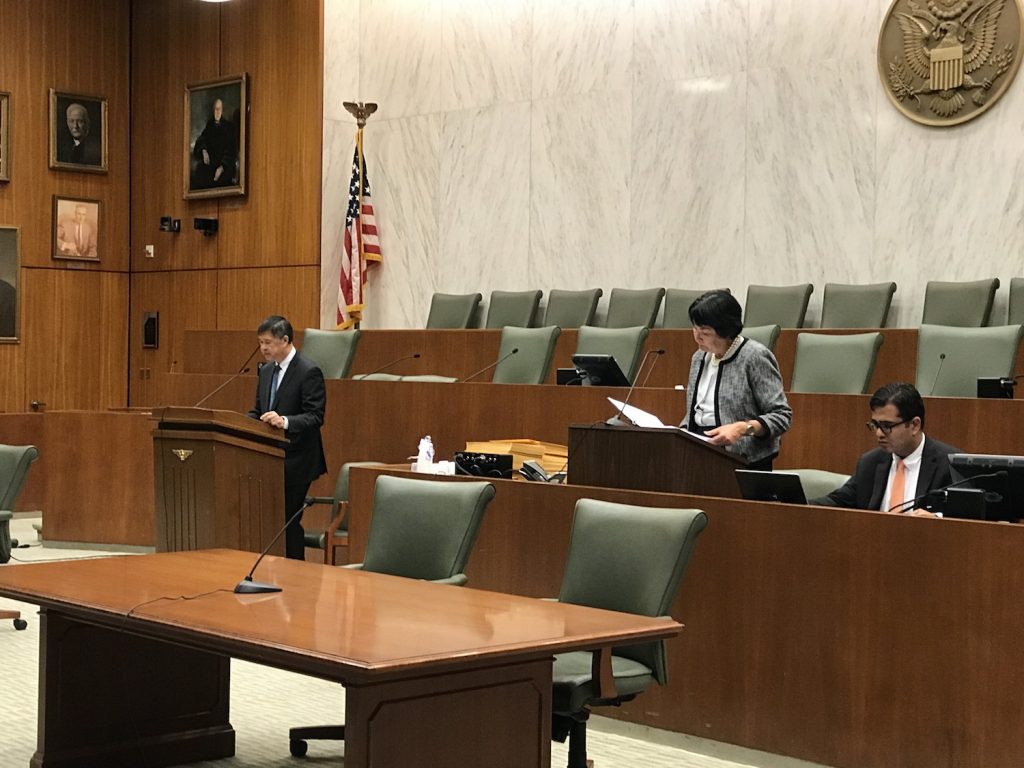AABANY applauds Judge Shababudeen Ally and Justice Ushir Pandit-Durant’s election on February 15 as President and Vice-President of the Asian American Judges Association of New York (AAJANY). Both Judge Ally and Justice Pandit-Durant are AABANY members.
Judge Ally is a Supervising Judge of the Civil Court in New York County. He became the first Muslim male elected to New York City Civil Court in 2018 and the first South Asian Supervising Judge in 2020. Judge Ally began his legal career as a staff attorney with the New York City Administration for Children’s Services. Judge Ally then went to work for the NYC Law Department as an Assistant Corporation Counsel. For a decade prior to his time on the bench, Judge Ally operated his own law practice specializing in family and criminal law.
Judge Pandit-Durant is a Justice of the Queens County Supreme Court. Judge Pandit-Durant became the first South Asian judge elected to New York State Supreme Court in Queens and the first South Asian woman judge elected in New York State in 2018. Judge Pandit-Duran began her career as a Prosecutor in the Queens County District Attorney’s Office, serving there with distinction for 25 years before being elected to New York City Civil Court in 2015, becoming the first South Asian to hold that elected office.
On March 2, in an article entitled “Asian American judicial org. works to diversify bench,” the Queens Eagle wrote Asian judges are the “least represented racial or ethnic group on the bench,” making up 6 percent of Queens’s judiciary. In the Queens’s Family Court, “there is only one Asian judge and there are no Asian American judges in the Borough’s housing Court.” In comparison, “White judges account for around 66 percent, 17 percent of judges are Latino and 17 percent are Black,” according to the Office of Court Administration data cited by the Queens Eagle.
This lack of AAPI judicial representation is further exacerbated by the overall increase of Queens’s total population. Data cited by the Queens Eagle indicates that Asian Americans account for the largest population growth of 29 percent in Queens, “outpacing the borough’s overall 7.8 percent growth.”
Judge Ally told the Queens Eagle that though there is a lot of work left to be done, diversity efforts on the bench appear to be headed in the right direction. AAJANY’s board includes three other AAPI judges from Queens: Queens Civil Court Judge Changyong Li is the secretary, recently-elected Queens Supreme Court, Criminal Term Judge Karen Gopee is the treasurer and Queens Supreme Court, Criminal Term Judge Francis Wang is now a member of the Board of Directors. AAJANY’s Board of Directors also includes Hon. Lillian Wan, Hon. Meredith Vacca, Hon. Karen M.C. Cortes, and Hon. Shorab Ibrahim.
To read more about the AAJANY election, please click here.
Congratulations to Judge Ally, Justice Durant, and all the newly-elected Board members of AAJANY. Thank you for all you do to represent the AAPI community and to enhance diversity and inclusion on the bench.



